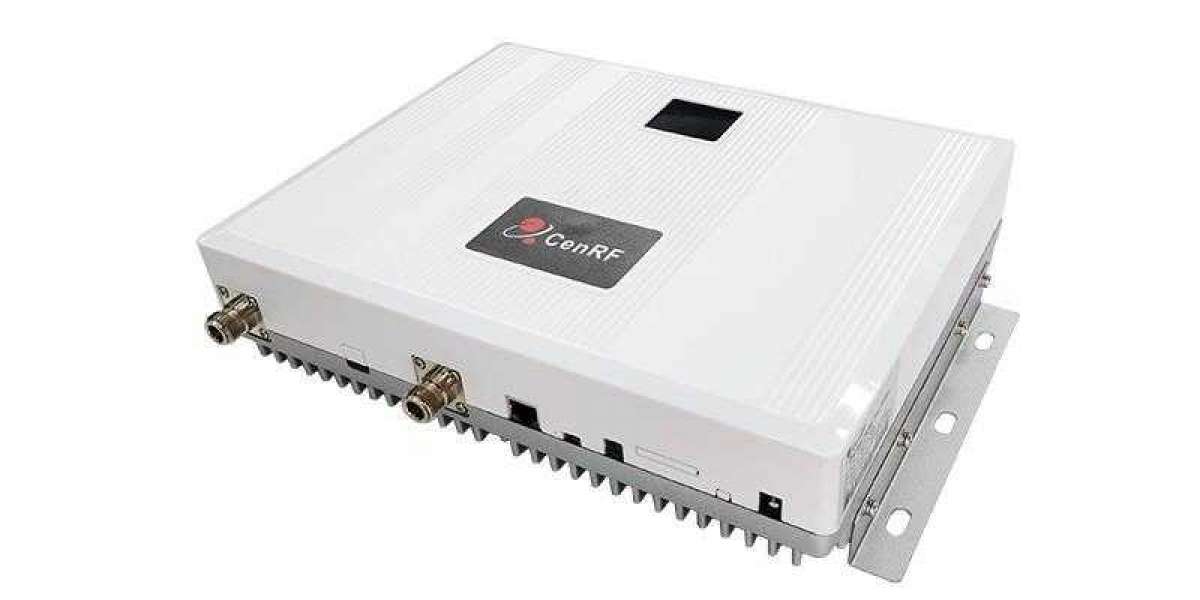The signal will be attenuated continuously during the transmission process. In order to prevent signal attenuation from affecting communication, repeaters are produced. It is only used to amplify the signal and transmit the signal to remote places. Repeaters, also known as converters or amplifiers, implement physical layer protocols and are responsible for data relaying at the first layer (physical layer) to achieve the "regeneration" of electrical signals. It is used to interconnect two network segments of the same type. The main function is to extend the network segment and change the transmission medium, so as to realize the forwarding of information bits. It does not perform the filtering function of the signal itself.
The repeater is used to extend the network distance in the local area network environment, but it belongs to the network interconnection device and operates at the physical layer of OSI. The repeater has the function of amplifying and regenerating the signal on the line and is used to extend the length of the LAN segment. (Only used to connect the same LAN segment).

A repeater (RP repeater) is a device that connects network lines and is often used for bidirectional forwarding of physical signals between two network nodes. The repeater mainly completes the function of the physical layer, and is responsible for transmitting information bit by bit on the physical layer of the two nodes, and completing the functions of signal replication, adjustment, and amplification, so as to extend the length of the network. Due to the loss, the power of the signal transmitted on the line will gradually attenuate, and when the attenuation reaches a certain level, the signal will be distorted, thus causing reception errors. The repeater manufactured by Shenzhen Best Control Technology Co., Ltd. is designed to solve this problem. It completes the physical line connection, amplifies the attenuated signal, and keeps the same as the original data. Under normal circumstances, the two ends of the repeater are connected to the same medium, but some repeaters can also complete the transfer of different media. The use of repeaters is theoretically unlimited, and the network can therefore be extended indefinitely. In fact, this is impossible, because the network standards have specified the delay range of the signal, and the repeater can only work effectively within this specified range, otherwise, it will cause network failure.
Advantages of repeaters:
1. Expand the communication distance.
2. Increased the maximum number of nodes.
3. Each network segment can use different communication rates.
4. Improve reliability.
5. When a network failure occurs, generally only individual network segments are affected.
6. Performance is improved. The main advantages of repeaters are that they are simple to install, easy to use, and relatively inexpensive. It not only plays the role of network distance but also connects networks of different transmission media together. The repeater works at the physical layer and is completely transparent to the high-level protocols.
Since the repeater regenerates (restores) the attenuated signal received to the state when it was sent, and forwards it, the delay is increased. The MAC sublayer of the CAN bus does not have a flow control function. When the load on the network is heavy, the buffer may overflow due to insufficient storage space in the repeater, resulting in frame loss.
The above is an introduction to the advantages of repeaters. I hope it will be helpful to everyone. As a repeater manufacturer, CenRF specializes in providing repeaters. If you are interested in repeaters, please pay attention to our website.



